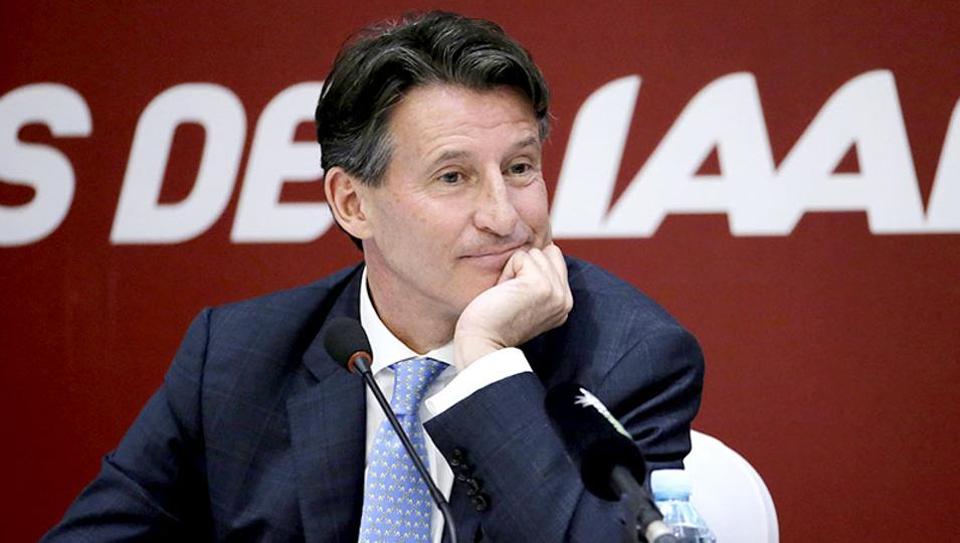And what happens if the age limit is raised, but all that changes is that everyone starts watching and following Junior women instead of Senior women, the prestige balance changes, and everything else continues as before?
Assuming that the age limit is raised but the rules for program content stay the same, I do think it is likely that there will be at least as many triple axels and quads attempted in the junior ladies' event as in seniors.
Would that cause "everyone" to start watching juniors instead of seniors?
I don't think so. Casual viewers will watch what is presented to them on TV -- some of them only in conjunction with the Olympics. If most of what is shown on TV is senior competitions, that's what most viewers will watch.
The casual viewers who are primarily interested in jump difficulty may prefer the few junior events they get to see. Or they won't be aware of what they're missing.
Other casual viewrs tend to be more interested in artistry or maturity of presentation, so they would probably prefer watching the more mature young women.
These latter viewers especially may also have a strong distaste for falls and stumbles. So if the seniors are making more visible mistakes than the juniors, then these viewers might prefer juniors. But would that be the case?
As for serious skating fans who make an extra effort to follow the sport year-round, online and in person, again, there will probably be a larger percentage who are most excited by pushing the envelope on jump difficulty. Among this group, yes, junior ladies' events may well be of greater interest than senior. But this is only one subset of the viewership, far from "everybody."
Serious skating fans who are more interested in technical quality and in the PCS side of the sport may prefer the senior events.
And real diehard fans will watch as much of everything we can get.





